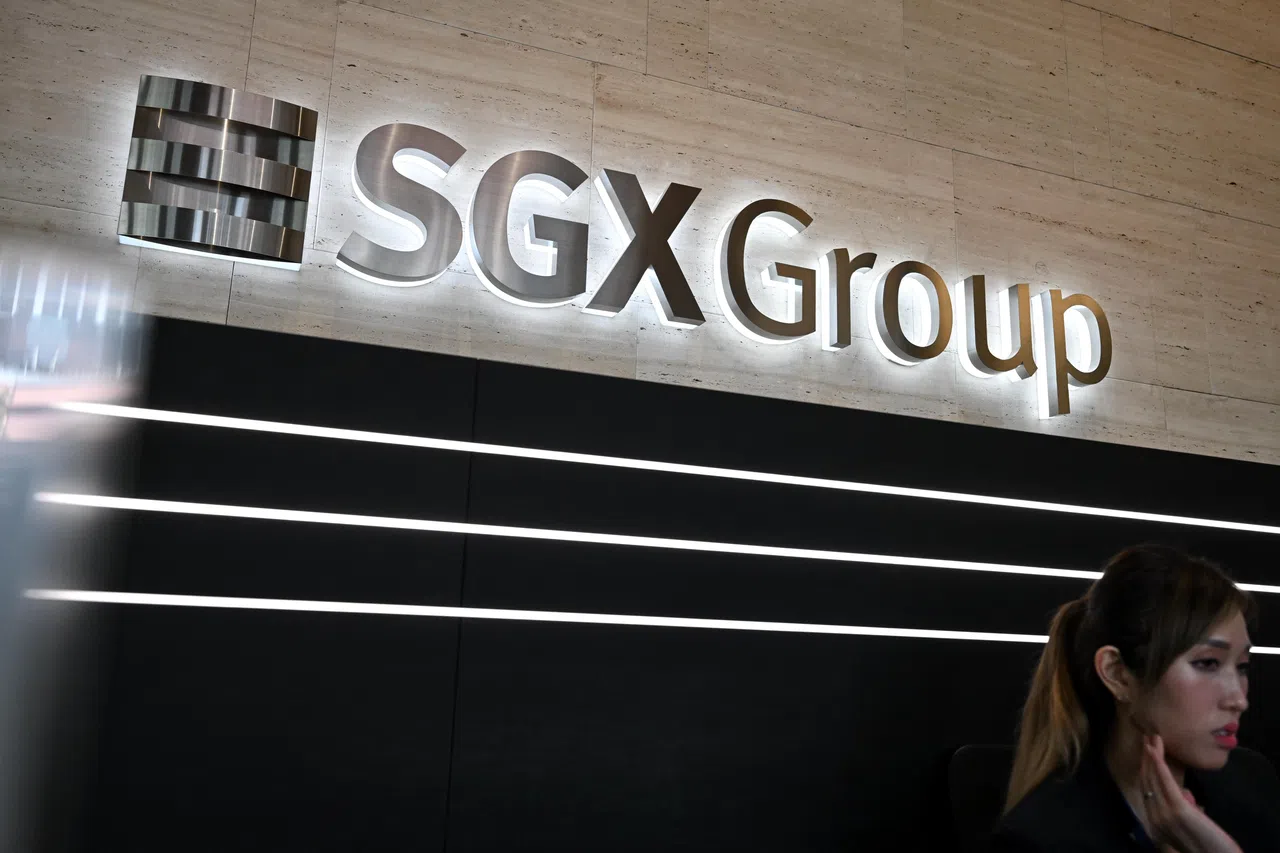SINGAPORE stocks booked net retail inflow of S$1.01 billion in the 2024 year to Jun 13, with significant bank outflows in the second quarter.
The Singapore Exchange (SGX) said in a market update on Friday (Jun 14) that the first quarter accounted for the majority of this sum with S$959 million in net inflow, while Q2 saw S$50 million in net inflow up to Jun 13.
The Q2 2024 net inflow appears to have slowed considerably, with S$597 million of net retail outflow from the trio of local banks offsetting S$646 million of net retail inflow to other Singapore stocks.
Retail investors increased their net outflow from the local banks in the second quarter from S$109 million in Q1 2024, as the trio of banks on the Straits Times Index averaged 10 per cent total returns so far in Q2.
UOB has seen the most net selling by retail investors in Q2, up to Jun 13, at S$366 million. This follows S$10 million of net retail buying in the previous quarter and S$179 million of net retail buying in the fourth quarter of 2023.
This coincided with the volume-weighted average price (VWAP) of UOB’s shares at S$30.25 for Q2 2024, up to Jun 12. This is an increase of 6 per cent from S$28.53 in Q1 2024 and a 9 per cent rise from S$27.65 in Q4 2023.
GET BT IN YOUR INBOX DAILY
Start and end each day with the latest news stories and analyses delivered straight to your inbox.
The long-short ratio of UOB Daily Leverage Certificates (DLCs) saw a decline, dropping from three in Q1 2024 to 0.5 in Q2 2024 to date. This indicates a trend of net selling by retail investors.
Additionally, the daily trading turnover of UOB 5x Short DLCs by retail investors increased by 73 per cent, and trading in UOB Structured Put Warrants surged by 211 per cent compared with Q1.
Meanwhile, net retail inflow to SGX-listed exchange-traded funds paralleled Singapore stocks, with the bulk of the net retail inflow so far in 2024 booked in Q1. Singapore Depository Receipts on Thai companies have also seen retail investors as net buyers, with Kasikornbank booking the highest retail net inflow in Q2 to date, followed by Delta Electronics.
Nevertheless, the overall inflow to nine other sectors remained robust.
Singapore Airlines and Keppel have seen the most net retail inflow in Q2, up till Jun 13, at S$129 million.
For Keppel, this follows S$145 million of net retail selling in Q1 2024. This flow reversal coincided with the Keppel VWAP at a lower level of S$6.84 in Q2 2024 so far, compared with a higher VWAP of S$7.14 in the previous quarter.
Singapore Airlines, meanwhile, maintained a similar pace in net retail inflow as in Q1 2024.
Despite the net retail inflow for the two industrial stocks in Q2 up till Jun 13, the industrial sector saw a net retail outflow of S$70 million over the 10 weeks. This was driven by a net retail outflow of S$193 million from Yangzijiang Shipbuilding, whose VWAP rose to S$1.94 in Q2 from S$1.71 in Q1 2024 and S$1.49 in Q4 2023.
The Singapore real estate investment trust (S-Reit) sector booked the highest net retail inflow at S$404 million in Q2 2024 to date, following S$486 million of net retail inflow in Q1. Consistent flows were also seen in consumer non-cyclicals as well as materials and resources across both quarters.
The update noted that the net retail inflow in the year to Jun 13 follows consistent net inflow by retail investors for each of the four preceding years.
“Over the preceding four years, the most net retail inflow was generally observed during times of market or price weakness, with the least net inflow to net outflow in the sessions with stronger market or price performances,” said SGX.






